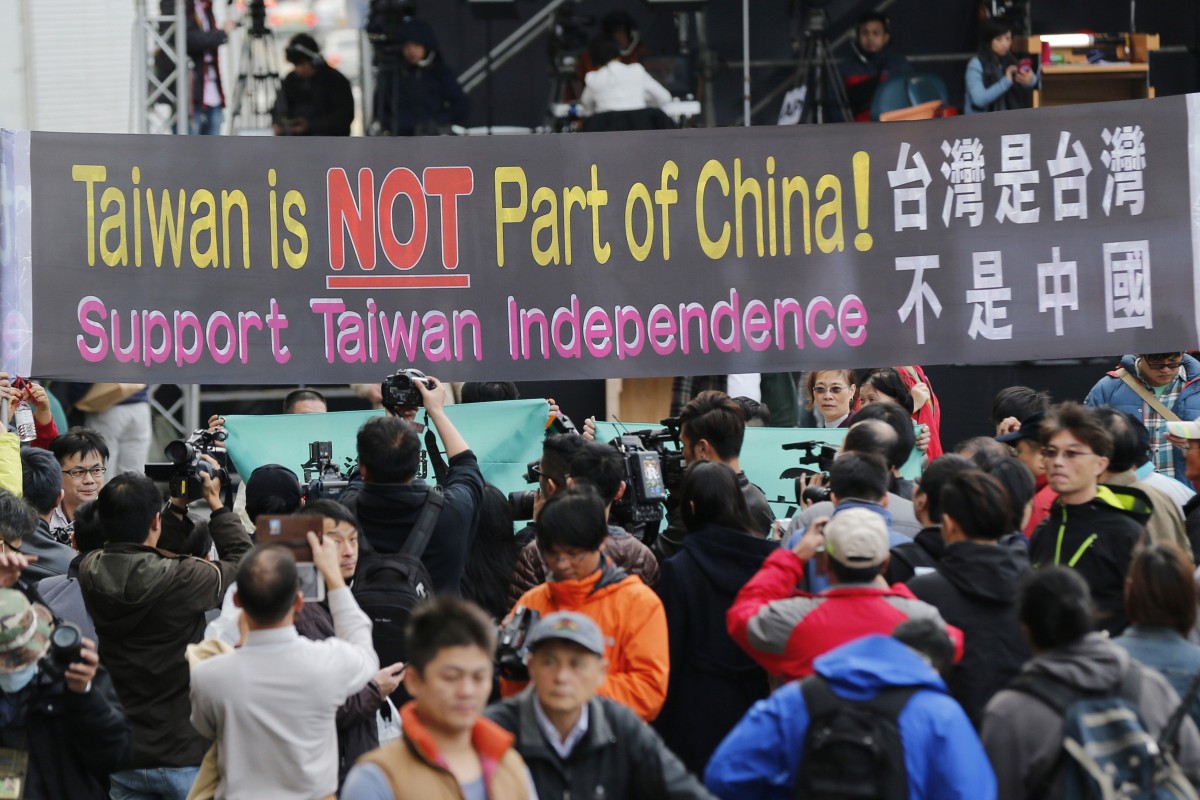
Senate Set to Vote on the Spending Bill Next Week
Dave DeCamp / AntiWar.com
(December 8, 2022) — The House on Thursday passed the massive $858 billion 2023 National Defense Authorization Act (NDAA) in a vote of 350-80, sending the bill to the Senate, where a vote is expected to be held next week.
The $858 billion NDAA is $45 billion more than President Biden asked for, marking the second year in a row that Congress made the military budget higher than what the White House requested. The amount represents an 8% increase from the 2022 NDAA, which was finalized at $782 billion.
According to Defense News, the 2023 NDAA dropped amendments added to the House version that would have restricted weapons sales to countries accused of human rights abuses. Such provisions were included in the House version of the NDAA but didn’t make it past into the final version that was negotiated with the Senate.
Notable amendments packed into the NDAA include a measure that will give the Pentagon wartime purchasing powers by allowing non-competitive, multi-year contracts for certain arms. The authority could be used to refill US stockpiles, arm Ukraine, and assist foreign governments that have provided support for Ukraine.
The list of munitions the Pentagon is allowed to procure using the purchasing powers is extensive and includes HIMARS rocket launch systems, 155mm ammunition, Javelin anti-tank missiles, Stinger anti-aircraft missiles, Harpoon anti-ship missiles, and much more.
US weapons manufacturers will benefit greatly from the new authority, especially Lockheed Martin and Raytheon, as many of their systems are on the list. The multi-year contracts will incentivize the arms makers to significantly ramp up production.

The NDAA includes unprecedented military aid for Taiwan, including $10 billion that will be disbursed over five years and $1 billion in annual presidential drawdown authority, which will allow the US to send Taipei weapons directly from Pentagon stockpiles.
Ukraine will receive $800 million in the Ukraine Security Assistance Initiative from the NDAA, a program that allows the US government to purchase weapons for Ukraine. But the vast majority of spending on the Ukraine war will come through emergency funding, and the White House is hoping Congress approves a new $37.7 billion tranche of Ukraine aid during the lame-duck period.
The NDAA includes $11.5 billion in new investments for the Pacific Deterrence Initiative, a program to build up in the Asia Pacific to confront China. The Pentagon has identified China as its main focus, and the NDAA includes investment in new technology research and development that US military leaders say is meant to counter Beijing.

Only 27% of the populace favora Taiwan’s independence.
NDAA Includes Unprecedented Support for Taiwan
China will see this as a major provocation
(December 8, 2022) — The 2023 National Defense Authorization Act (NDAA) includes legislation that will give unprecedented US military support to Taiwan, a step that Beijing will view as a major provocation and the US moving further away from the one-China policy.
Sen. Bob Menendez (D-NJ), the chair of the Senate Foreign Relations Committee, said including the new support for Taiwan in the NDAA will “dramatically enhance the United States’ defense partnership with Taiwan by establishing, for the first time ever, a specific defense modernization program for Taiwan.”
The Taiwan Enhanced Resilience Act (TERA) will authorize $2 billion in annual military aid for five years. The aid is in the form of Foreign Military Financing, a State Department program that gives foreign governments money to purchase US arms.
The US has sold weapons to Taiwan since severing diplomatic relations with Taipei in 1979, but it has never financed the purchases. Under the legislation, Taiwan will be allowed to use more than 15% of the FMF funding to procure weapons domestically.
The TERA includes $1 billion in annual presidential drawdown authority, which will allow the US to send weapons to Taiwan directly from Pentagon stockpiles. The Biden administration has sent the majority of military aid to Ukraine using this authority, and there are members of Congress who believe the US should be arming Taiwan just as urgently.

The TERA also puts aside $100 million annually to create a “regional contingency stockpile” for Taiwan. Besides the funding, the legislation calls for more military cooperation between the US and Taiwan and looks to increase Taipei’s participation in international organizations.
The TERA was called the Taiwan Policy Act (TPA), a piece of legislation that was advanced by the Senate Foreign Relations Committee in September. Some of the more provocative aspects of the TPA were stripped out of the TERA, including giving Taiwan the benefits of being a “major non-NATO ally” and requiring sanctions in the event of Chinese aggression against Taiwan.
After the TPA was advanced by the panel, Sen. Rand Paul (R-KY) warned in an op-ed that such support for Taiwan, coupled with President Biden’s pledges to defend the island, which breaks from strategic ambiguity, makes war more likely.
“Preparation for war may very well be the Chinese response to the TPA and strategic clarity. If the United States announces an ironclad commitment to defend Taiwan prior to establishing the capabilities to do so, China may invade before the United States can significantly bolster Taiwan’s military,” Paul wrote.
The NDAA was passed by the House on Thursday and is expected to be brought to the floor of the Senate next week, and then it will be sent to President Biden’s desk. In the meantime, the State Department this week approved a $425 million arms sale for Taiwan for spare aircraft parts to support the island’s F-16 fighters, C-130 transport planes, and other US-supplied weapons systems.
Posted in accordance with Title 17, Section 107, US Code, for noncommercial, educational purposes.